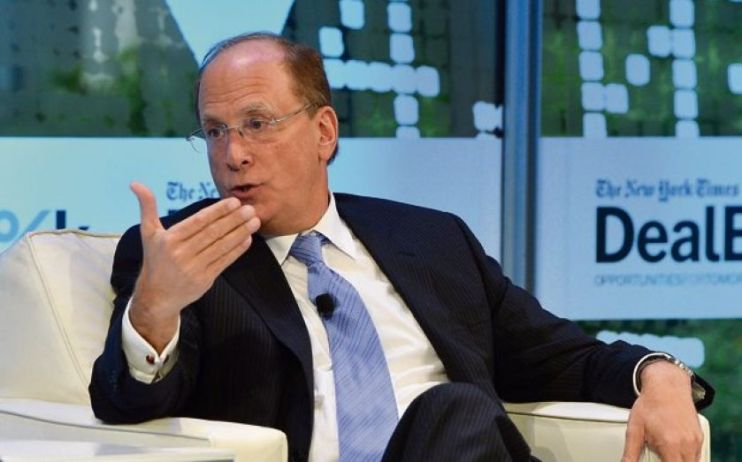BlackRock aims for shareholder ‘revolution’ with greater voting powers

BlackRock chief Larry Fink said the firm was looking to usher in a “revolution in shareholder democracy” today as it grants greater powers to its clients to hold boards to account in investor meetings.
In a letter to clients and global CEOs, Fink said that increasing shareholders’ sway over corporate policies would “empower” investors to have a “deeper and more direct connection” to companies and could have a “transformative power” on markets.
The $8tn asset manager has been looking to boost shareholders’ sway over corporate policies with its “Voting Choice” initiative rolled out last year.
But in a statement at the end of September, BlackRock said that clients with around $1.8 trillion in equity index assets managed by the company were eligible for voting choices and clients with just $452bn were doing so.
“My hope is that in the future, every investor – ultimately including individual investors – has access to voting choice, if they want it,” Chief Executive Larry Fink said in a letter published today.
“If widely adopted, it can enhance corporate governance by injecting important new voices into shareholder democracy,” Fink wrote.
Big institutional investors often take a more hands-off role in casting their shareholder votes and lean on the research conducted by asset managers’ internal stewardship teams. But many are now pushing for greater control as corporate stewardship rises up the shareholder agenda.
Fink added that the new era would “pose challenges” to bosses as shareholders held their feet to the fire on performance.
“Those of us who lead public companies will have a broader set of shareholders with whom to engage,” he added.
“Companies may need to develop new models of engaging with asset owners on their most important voting matters. This may take time to evolve.”
The calls from Fink come as BlackRock faces its own barrage of criticism from shareholders and politicians across the politica; spectrum over its role in decarbonisation.
It was among a group of asset managers to tell UK MPs last month it would not halt its investment into oil and gas, saying its role was not to “engineer a specific decarbonization outcome in the real economy.”